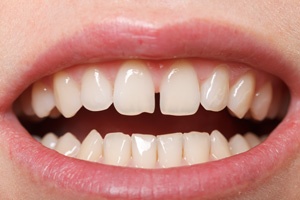What is Pediatric Dentistry?
Pediatric dentistry focuses on the oral health of children from infancy through adolescence. This specialized branch of dentistry is crucial for establishing a strong foundation for lifelong dental health. Pediatric dentists are trained to address the unique needs of young patients, including managing behavior, treating dental issues in primary teeth, and guiding dental development as children grow.
Why Early Dental Care Matters
Early dental care is vital for preventing cavities and other oral health issues that can affect a child’s overall health. Regular visits to a pediatric dentist help ensure that a child’s teeth and gums are developing properly and allow for early intervention if problems arise. Additionally, pediatric dentists provide education on proper oral hygiene practices, helping children and parents establish routines that prevent future dental issues.
Creating Positive Dental Experiences
A key aspect of pediatric dentistry is creating a positive experience for young patients. Pediatric dentists use child-friendly language, tools, and techniques to make dental visits less intimidating. By fostering a comfortable and supportive environment, children are more likely to develop a positive attitude toward dental care, reducing anxiety and encouraging regular visits as they grow older.

 Are any of your teeth further apart than your others? Some people are concerned that having a wide gap between your teeth might make them more susceptible to tooth decay and similar problems. If this is a concern for you, our Bellevue dentist office has everything you need to know.
Are any of your teeth further apart than your others? Some people are concerned that having a wide gap between your teeth might make them more susceptible to tooth decay and similar problems. If this is a concern for you, our Bellevue dentist office has everything you need to know.